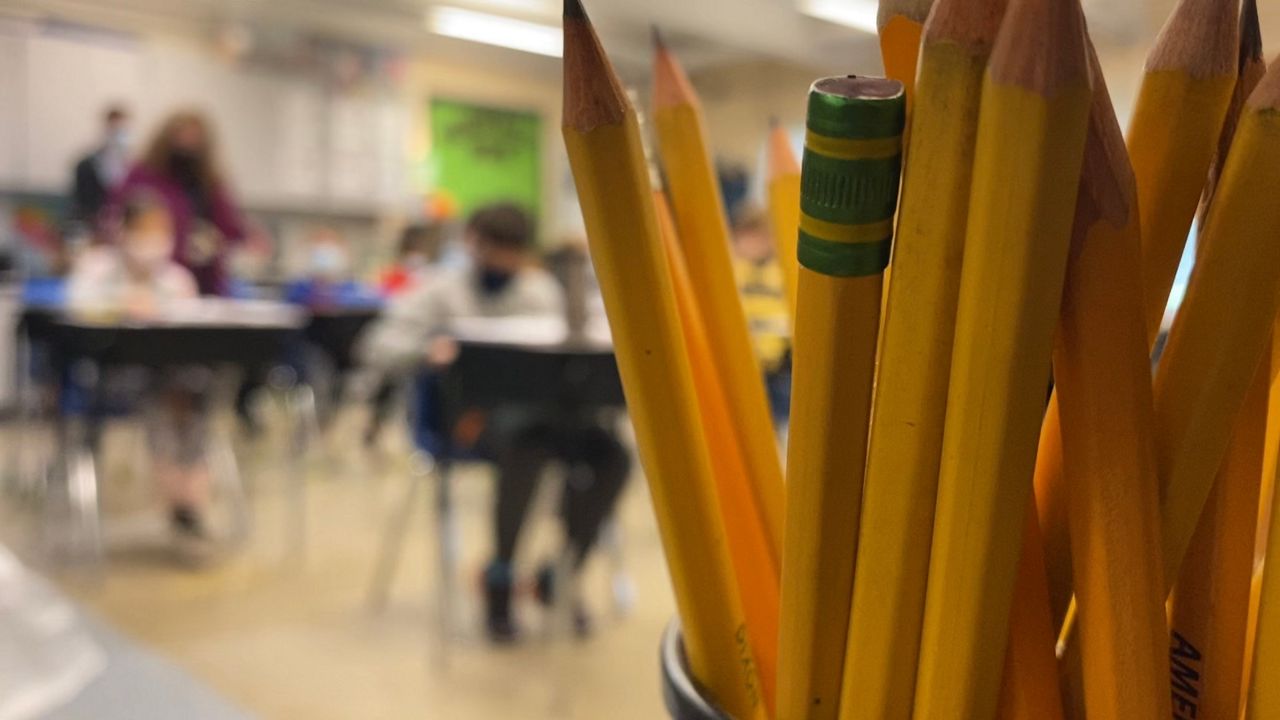RALEIGH, N.C. (AP) — North Carolina state employees can fill in as paid substitute teachers to address K-12 school staff shortages exacerbated by COVID-19′s surge while using special time off otherwise used for volunteering, Gov. Roy Cooper announced on Wednesday.
What You Need To Know
State employees will be able to fill in as paid substitute teachers to help curb staff shortages in K-12 schools
The employees will also be able to use special time off, 24 hours annually, otherwise used for volunteering
Previously, the time could not be used if the person was being paid for the duties
Full-time state workers receive 24 hours of community service leave annually, which can include volunteer activity in the schools. But it can’t be used if the person is getting paid for the duties.
Under the new policy by the Office of State Human Resources in place through Feb. 15, the worker taking leave can keep any compensation they earn as substitutes, such as a teacher, bus driver or cafeteria worker. It also would apply to mandatory training sessions a worker must participate in to become a substitute worker.
“It is critical that we keep children learning in the classroom safely,” Cooper said in a news release. “This policy will encourage state employees to lend a helping hand to our students at a time of severe staffing challenges for our public schools.”
Districts across the state have been struggling to keep positions staffed because of workers testing positive for COVID-19. Some bus drivers or cafeteria workers also have staged “sickouts” over low pay and working conditions.
The policy change, which applies to public and private schools, comes as North Carolina’s health department reported nearly 4,100 people with COVID-19 were in the hospital as of Tuesday. That’s a record number for the pandemic, with the previous high of just under 4,000 set in January 2021, WRAL-TV reported.
The state Department of Health and Human Services said this week that it had ordered an additional 700,000 professional and at-home rapid test kits with the surge in positive cases largely attributed to the super-contagious omicron variant. DHHS said it had contracted with two more testing vendors and expanded coverage of 12 existing vendors for no-cost testing.



